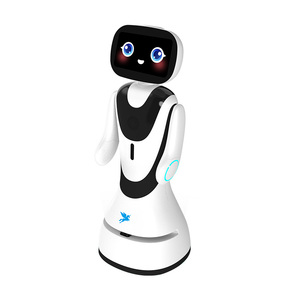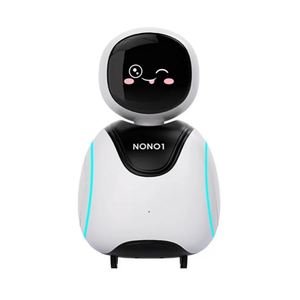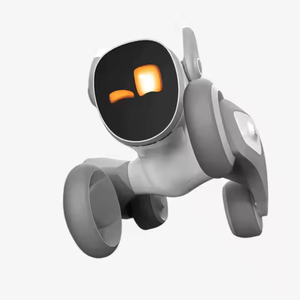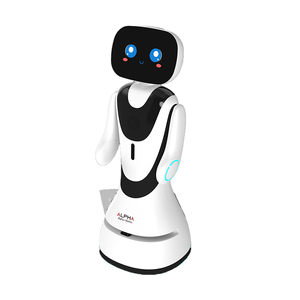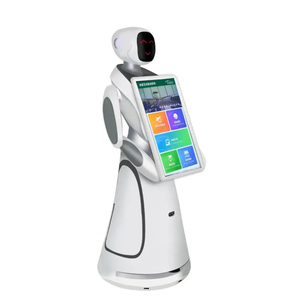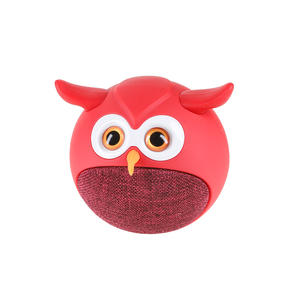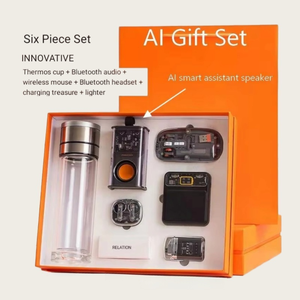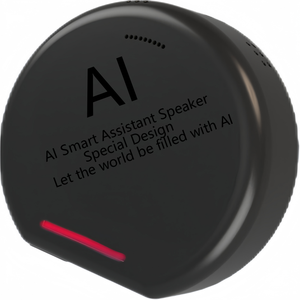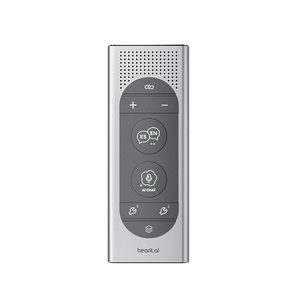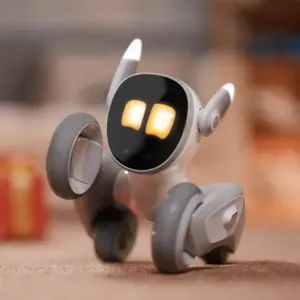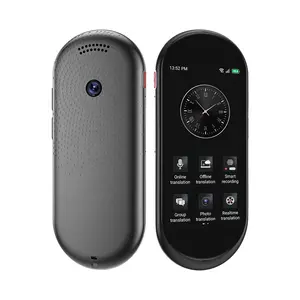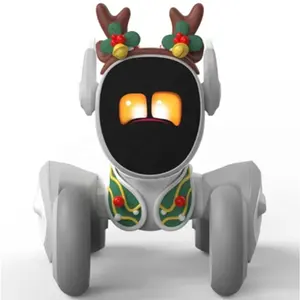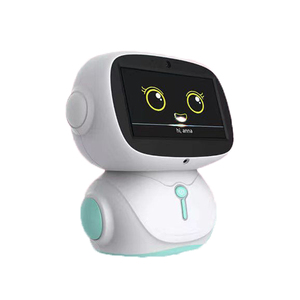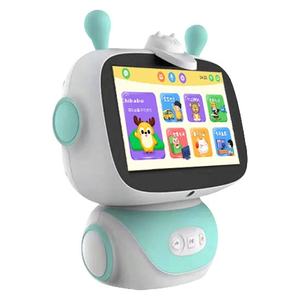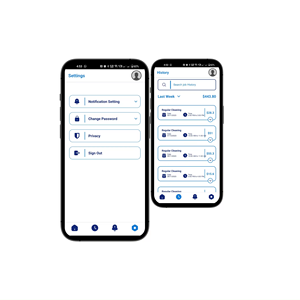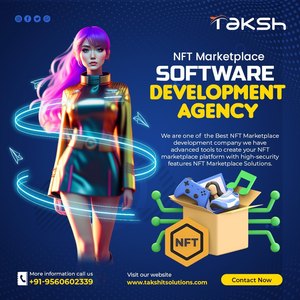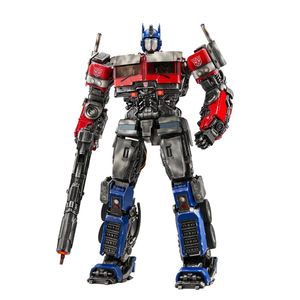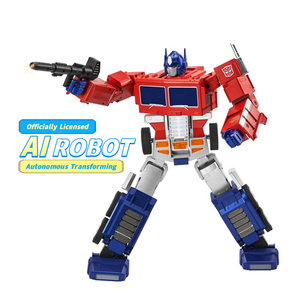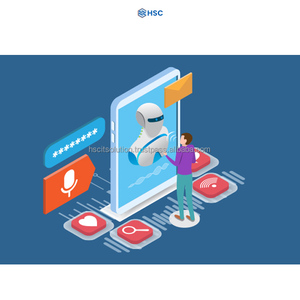Introducing Chat Gpt



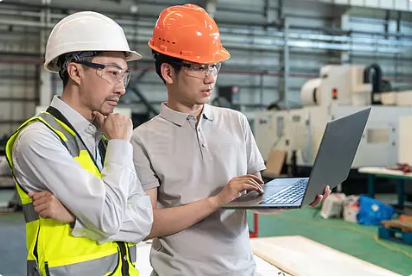

 1/3
1/3





 1/3
1/3









 1/1
1/1



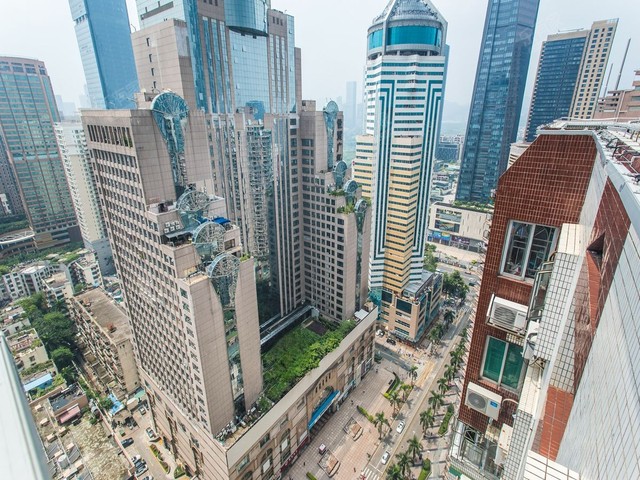

 1/3
1/3


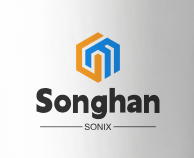

 1/3
1/3





 1/2
1/2



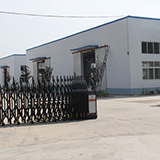

 1/3
1/3








 1/34
1/34




 1/3
1/3






 1/3
1/3





 1/3
1/3





 1/3
1/3





 1/3
1/3






 1/16
1/16


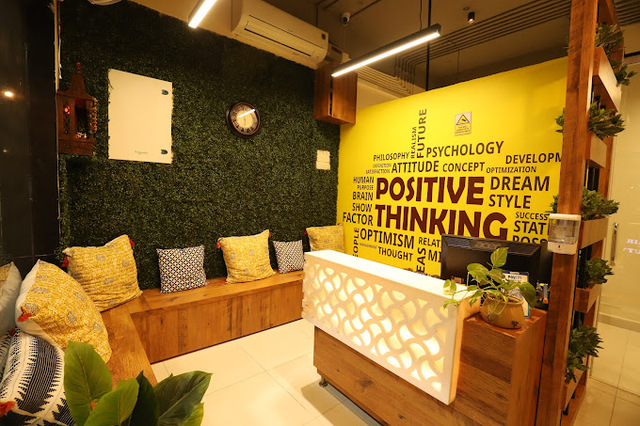

 1/3
1/3



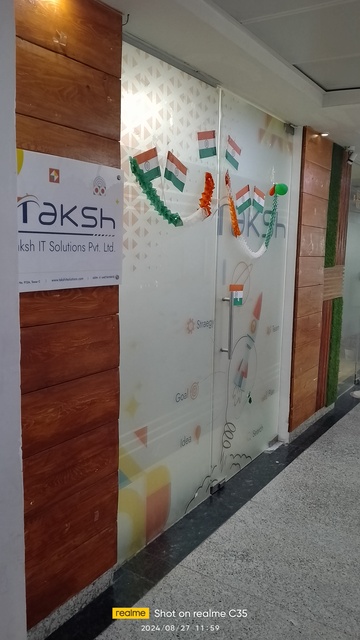

 1/3
1/3








 1/14
1/14



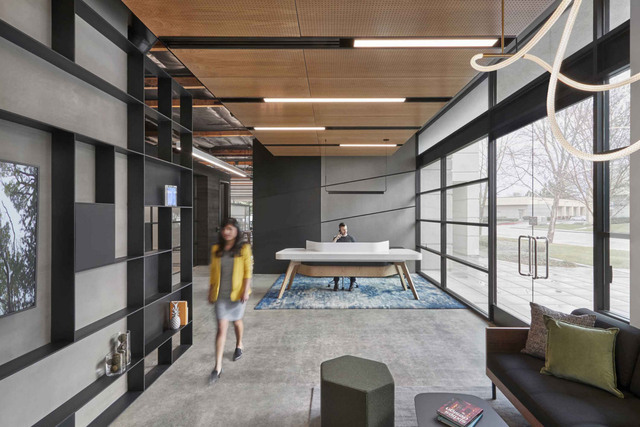

 1/3
1/3




 0
0
About introducing chat gpt
Where to Find AI Chatbot and ChatGPT-Enabled Robot Suppliers?
China leads global production of AI-powered chatbot devices and humanoid robots, with key manufacturing hubs concentrated in Shenzhen and Suzhou. These regions host specialized electronics and robotics clusters that integrate advanced R&D infrastructure with high-efficiency production ecosystems. Shenzhen’s supply chain excels in consumer-facing smart devices, offering rapid prototyping and low-to-mid volume manufacturing for educational toys, desktop companions, and voice-enabled AI robots. Suzhou focuses on commercial-grade automation, producing large-scale humanoid and service robots for reception, logistics, and public space management.
The industrial clusters support vertical integration from PCB fabrication and sensor assembly to firmware development and final product testing. This enables lead times as short as 15–20 days for standard models and accelerates customization cycles. Buyers benefit from localized component sourcing—particularly microcontrollers, touchscreens, and wireless modules—which reduces production costs by 20–30% compared to non-specialized manufacturers. Most suppliers operate within 50km of tier-one logistics ports, ensuring efficient air and sea freight coordination for global distribution.
How to Choose AI Chatbot and ChatGPT-Enabled Robot Suppliers?
Selecting reliable suppliers requires rigorous evaluation across technical, operational, and transactional dimensions:
Technical Capability Verification
Confirm integration of verified AI frameworks such as GPT-4 or proprietary NLP engines. For interactive robots, assess onboard processing power (minimum 4GB RAM, quad-core CPU), microphone array sensitivity (≥4 m pickup range), and latency performance (response time <1.5s). Devices should support OTA updates and multi-language dialogue systems. Prioritize suppliers providing SDK access or API documentation for enterprise integration.
Production and Customization Capacity
Evaluate the following benchmarks:
- Minimum factory area of 2,000m² for dedicated robotics lines
- In-house design teams capable of UI/UX, mechanical engineering, and firmware development
- Customization options including branding (logo, packaging), material selection (ABS, PC+PMMA), color variants, and functional modifications (speaker wattage, battery capacity)
Cross-reference stated capabilities with actual order fulfillment metrics. Target suppliers with reorder rates above 30% and on-time delivery exceeding 90%.
Quality Assurance and Transaction Security
Require evidence of compliance with RoHS and CE standards for electronic safety and environmental regulations. While ISO 9001 certification is not universally present, prioritize suppliers with documented quality control processes—especially burn-in testing, drop testing, and battery safety checks. Utilize secure payment methods such as escrow services, particularly when procuring high-value commercial robots. Request sample units to validate build quality, voice recognition accuracy, and software stability before scaling orders.
What Are the Best AI Chatbot and ChatGPT-Enabled Robot Suppliers?
| Company Name | Location | Main Products | Online Revenue | On-Time Delivery | Reorder Rate | Avg. Response | Min. Order Quantity | Price Range (USD) |
|---|---|---|---|---|---|---|---|---|
| Shenzhen Manyou Technology Co., Ltd. | Shenzhen, CN | Learning Machines, Toy Robots, Drones | US $20,000+ | 95% | 18% | ≤1h | 2 pieces | $62.96 – $398 |
| Suzhou Alpha Robotics Co., Ltd. | Suzhou, CN | Commercial Robots, Logistics & Cleaning Robots | US $70,000+ | 63% | 37% | ≤3h | 1 set | $2,600 – $16,000 |
| Shenzhen Masrui Technology Co., Ltd | Shenzhen, CN | Customizable AI Robot Companions | US $1,000,000+ | 100% | <15% | ≤2h | 1 piece | $66.90 (fixed) |
| Shenzhen Sky Spirit Electronics Co., Ltd. | Shenzhen, CN | AI Pet Robots, Interactive Toys | US $10,000+ | 95% | 19% | ≤3h | 1 unit | $79 – $478.99 |
| Shenzhen Anseboo Technology Co., Ltd. | Shenzhen, CN | Commercial Reception & Navigation Robots | US $10,000+ | 75% | 66% | ≤4h | 1 piece | $3,499 – $19,800 |
Performance Analysis
Shenzhen-based suppliers dominate entry-level and mid-range AI robot production, offering competitive pricing and fast response times. Shenzhen Masrui Technology stands out with a 100% on-time delivery rate and scalable single-unit MOQs, ideal for pilot testing or niche markets. Despite lower reorder rates, its high online revenue suggests strong market penetration through e-commerce channels.
Suzhou Alpha Robotics and Shenzhen Anseboo specialize in premium commercial deployments, with average unit prices exceeding $5,000. Anseboo demonstrates exceptional customer retention (66% reorder rate), indicating reliability in long-term B2B contracts despite moderate delivery performance. Suzhou Alpha offers broader commercial robot categories but has a lower on-time delivery rate (63%), suggesting potential bottlenecks in fulfillment scalability.
For cost-sensitive buyers, Shenzhen Manyou and Sky Spirit provide sub-$400 interactive AI devices suitable for education and home use, with MOQs starting at two units. These suppliers balance affordability with responsiveness (≤1–3h reply time) and consistent delivery records (95%).
FAQs
How to verify AI functionality in chatbot robots?
Request live demonstrations or video proof of real-time interaction using open-ended queries. Confirm whether the device uses cloud-based LLMs (e.g., GPT-4) or local inference models. Check for continuous learning features, multilingual support, and voice command accuracy under ambient noise conditions.
What is the typical lead time for AI robot orders?
Standard orders take 15–25 days after payment confirmation. Customized units with logo printing or hardware modifications may require 30–40 days. Expedited shipping via air freight adds 5–7 days for international delivery.
Can suppliers accommodate small batch or OEM orders?
Yes, most Shenzhen-based manufacturers accept MOQs as low as 1–2 units for standard models. Full OEM projects (custom casing, software branding) typically require minimum runs of 500 units. Suppliers like Shenzhen Masrui explicitly offer packaging, label, and graphic customization for branded deployments.
Do these robots comply with international safety standards?
While not all list formal certifications, reputable suppliers adhere to RoHS for hazardous substance restrictions and CE for electromagnetic compatibility. Battery-powered units should meet UN38.3 for lithium-ion transport safety. Buyers are advised to request test reports for FCC (USA) or CE-RED (EU) compliance if importing into regulated markets.
How to manage quality control for bulk purchases?
Implement a three-stage inspection process: pre-production (material verification), in-line (assembly line抽查), and final random inspection (AQL Level II sampling). Use third-party QC agencies for on-site audits, especially for orders exceeding 500 units. Require firmware version logging and serial number traceability per unit.










